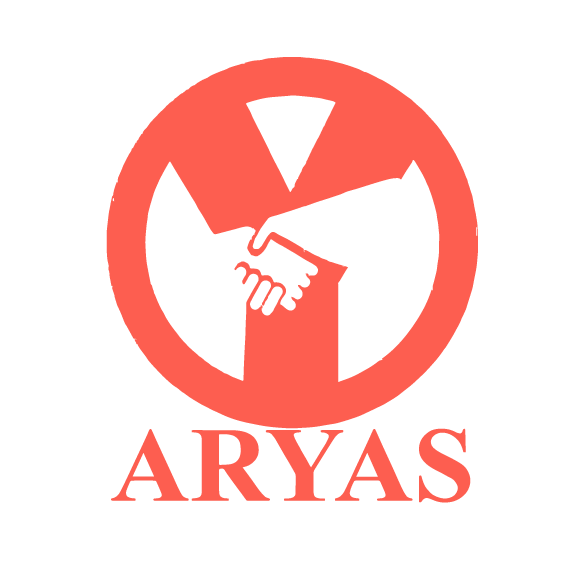
Advancing Lifesaving Education & Response Tactics

About ALERT
ALERT aimed to empower young people with the necessary skills to react efficiently and effectively to natural disasters.
Natural disasters are unpredictable events with devastating impacts on communities worldwide. As the frequency and intensity of these events increase due to factors like climate change, the need for preparedness and informed responses is more critical than ever.
The younger generation, who will face the challenges of a rapidly changing world, must have this essential knowledge. That’s why our project focused on helping them understand, respond to, and mitigate the effects of natural disasters to build more resilient communities.
With participants from seven countries—Romania, Bulgaria, Greece, Hungary, North Macedonia, Poland, and Turkey—the project fostered cross-cultural collaboration and exchange.
To achieve our goald, we focused on three objectives.
Objectives
Understanding Natural Disasters
Equip participants with the ability to list the most common natural disasters in their respective regions, explain their causes, and identify the primary safety protocols associated with each disaster.
Creating Local Response Plans
Increase participants’ ability to develop and implement a basic disaster response plan tailored to their local environment.
Promoting Community Resilience
Develop participants’ abilities in recognizing and promoting simple yet effective mitigation measures to help their communities resist and recover from local natural disasters more swiftly.
What did we do?
Workshops on Disaster Preparedness
Participants attended workshops to learn about natural disasters, their causes, and how to prepare for them. They also learned how to create plans to help their communities respond during emergencies.
Practical Simulations
Participants practiced real-life disaster scenarios and learned basic first aid skills. They also worked together to design community awareness campaigns and response plans tailored to their home regions.
First Aid Training with the Red Cross
Participants had the opportunity to attend a hands-on session led by the Red Cross focused on teaching essential first aid skills, givin them practical tools to respond effectively during emergencies.
Team-building and Cultural Exchange
Through interactive activities and cultural nights, participants shared personal stories, connected with others, and experienced different cultures.
Reflection and Evaluation Sessions
Participants reflected on their learning each day and, at the end of the program, shared their thoughts and experiences during a group evaluation session.
The “Visible” Results of the Project
ALERT in pictures
More? Ok, just slide right!

Voices of Experience
The experiences and skills gained during the project didn’t end with the workshops and activities. A key focus of ALERT was empowering participants to become active ambassadors for disaster preparedness within their communities. Equipped with practical knowledge and newly developed competencies, participants shared their experiences, offering personal insights to other young people into how the project impacted them, what they learned, and how they plan to apply this knowledge in the future.

The project “ALERT – Advancing Lifesaving Education & Responce Tactics” was financed with the support of European Commission through Erasmus+ Programme. This blog reflects only the author’s views, and the Commission cannot be held responsible for any use which may be made of the information contained therein.











































































